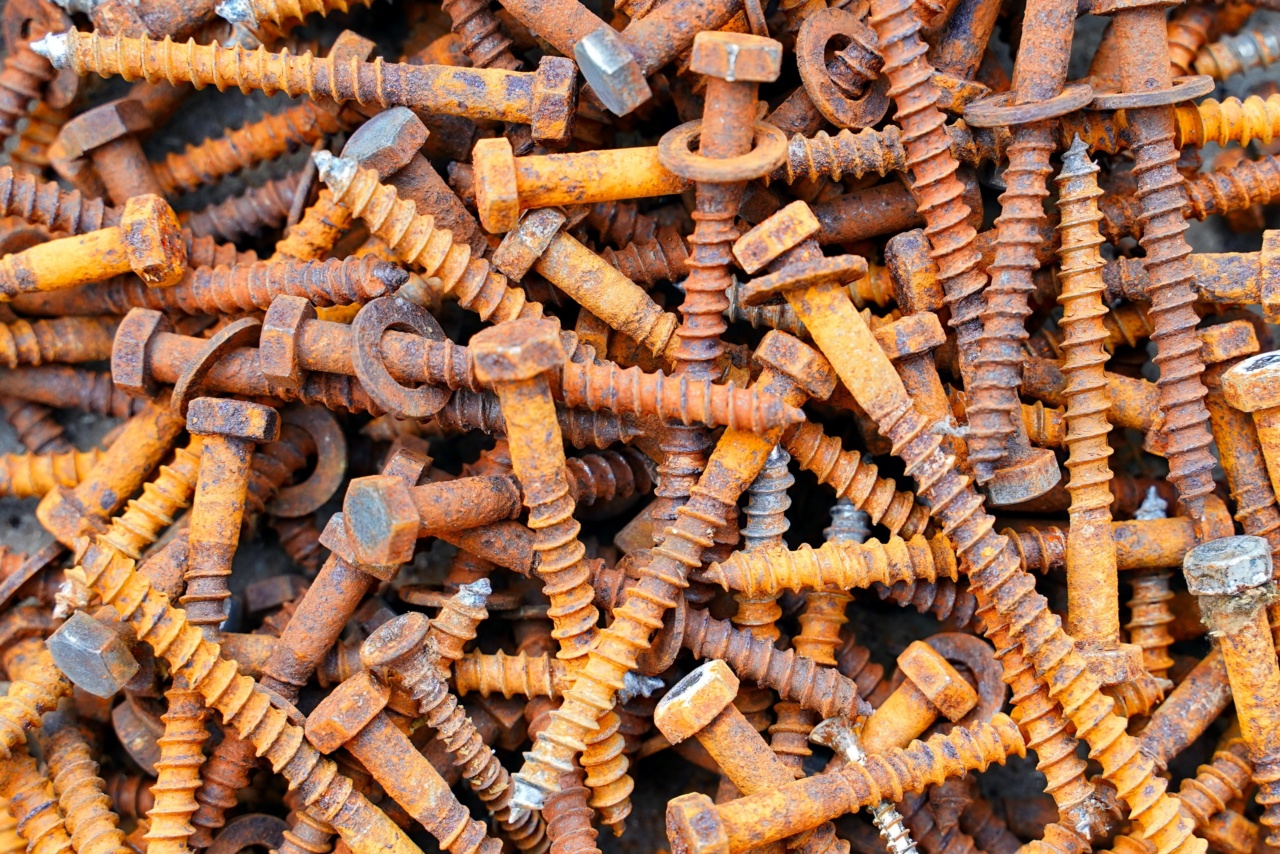Iron is an essential mineral that plays a crucial role in the production of red blood cells, oxygen transportation, and the proper functioning of several enzymes in the body.
However, when there is too much iron in the body, it can be harmful, leading to a condition known as iron overload or hemochromatosis.
Causes of Iron Overload
The primary cause of iron overload is hereditary hemochromatosis, which is a genetic condition. The body absorbs too much iron from food, leading to excess iron accumulation in the body tissues over time.
Iron can also build up in the body due to other conditions, including:.
Multiple Blood Transfusions: Patients who need frequent blood transfusions, such as those with anemia or sickle cell disease, can develop iron overload due to the excess iron in the transfused blood.
High Iron Intake: Consuming too much iron through supplements or diet can lead to an accumulation of iron in the body.
Liver Disease: Diseases that affect the liver, such as hepatitis C or alcoholic liver disease, can disrupt iron regulation and lead to iron overload.
Symptoms of Iron Overload
Iron overload can cause severe damage to the body if left untreated. However, the symptoms may not be evident for years, making it difficult to diagnose early. Some of the common symptoms of iron overload include:.
Joint Pain: Patients with iron overload may experience pain and swelling in their joints, especially in the knuckles of the hands. This is a common symptom of the condition and can be debilitating.
Abdominal Pain: Iron overload can cause pain and discomfort in the abdominal region. Patients may experience a feeling of fullness, nausea, or vomiting.
Fatigue: Excess iron accumulation in the body can cause fatigue and weakness. Patients may feel tired even after getting enough rest, leading to reduced productivity and quality of life.
Changes in Skin Color: Iron buildup in the skin can cause a condition known as bronze diabetes, which makes the skin appear bronze or gray in color.
Impotence: In men, iron overload can lead to decreased sex drive and impotence due to damage to the testicles and other reproductive organs.
Complications of Iron Overload
Iron overload can cause severe damage to the body over time, leading to several life-threatening complications, including:.
Liver Damage: Excess iron can damage the liver, leading to cirrhosis and other liver diseases. If left untreated, it can lead to liver failure and the need for a liver transplant.
Heart Problems: Iron overload can cause arrhythmias (abnormal heart rhythms), heart enlargement, and heart failure. It can also increase the risk of heart attack and stroke.
Diabetes: Iron overload can also lead to diabetes in some individuals. The excess iron can damage the pancreas, leading to a decrease in insulin production.
Cancer: Studies have shown that iron overload can increase the risk of developing certain types of cancers, such as liver cancer and breast cancer.
Other Complications: Iron overload can cause several other complications, including hypothyroidism, arthritis, and skin discoloration.
Diagnosis of Iron Overload
Diagnosing iron overload can be challenging, as the symptoms are non-specific and may not appear until the later stages of the condition. Physicians may recommend blood tests to determine the iron levels in the body, such as:.
Serum Ferritin: This test measures the amount of ferritin, a protein that stores iron in the body, in the blood. High levels of ferritin may indicate excess iron in the body.
Transferrin Saturation: This test measures the percentage of transferrin (a protein that transports iron in the blood) saturation. A high percentage indicates excess iron in the body.
Liver Function Tests: Since excess iron accumulation can lead to liver damage, physicians may recommend liver function tests to check the liver’s health.
Treatment for Iron Overload
The treatment for iron overload depends on the cause of the condition. Patients with hereditary hemochromatosis may require periodic blood removal (phlebotomy) to reduce iron levels in the body. Other possible treatments include:.
Iron Chelation Therapy: This therapy involves taking medication that binds to excess iron in the body and removes it through the urinary tract.
Diet and Lifestyle Changes: For patients with high iron intake, reducing dietary iron and avoiding iron supplements can help prevent iron overload.
It is essential to receive treatment for iron overload before complications develop. Early diagnosis and treatment can significantly improve outcomes and prevent serious long-term health issues.































